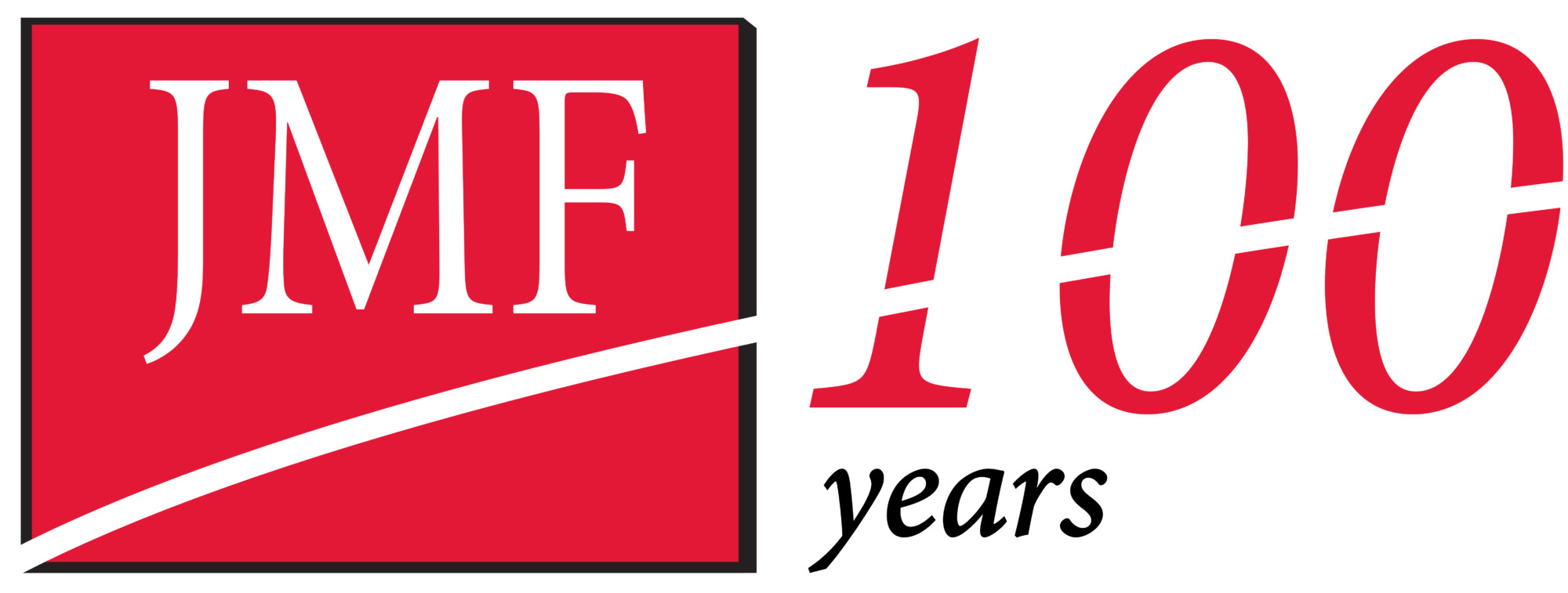While we are a CPA firm and we complete and we welcome many individual tax returns, for some people it doesn’t make sense to pay a CPA to complete their tax return. If you have complex tax issues, it may well be in your best interest to consult a CPA because we specialize in tax planning and tax preparation all year long. As a veteran, I want my brothers and sisters in arms to know there is tax help available for you even if you can’t afford a CPA.
Free Tax Help for Military Families
The IRS provides free tax help to military members and their families through its Volunteer Income Tax Assistance program. VITA offers free tax preparation and e-filing at sites both on and off base. It also has sites to help our military overseas. Here are five things to know about free tax help for the military:
1. Armed Forces Tax Council. The Armed Forces Tax Council oversees the military tax programs offered worldwide. AFTC partners with the IRS to conduct outreach to military personnel and their families. This includes the Army, Air Force, Navy, Marine Corps and Coast Guard.
2. Volunteer tax sites. IRS-trained volunteers staff the military VITA sites. They receive training on military tax issues, such as combat zone tax benefits, extensions of time to file and pay and special rules for the Earned Income Tax Credit.
3. What to bring. To get free tax help, bring the following records to your military VITA site:
• Valid photo identification.
• Social Security cards for you, your spouse and dependents. If you don’t have a card you should get a letter from the Social Security Administration to verify your information.
• Birth dates for you, your spouse and dependents.
• Your wage and earning forms, such as Forms W-2, W-2G, and 1099-R.
• Interest and dividend statements (Forms 1099).
• A copy of your last year’s federal and state tax returns, if available.
• Routing and account numbers for direct deposit of your tax refund.
• Total amount you paid for day care and the day care provider’s identifying number. This is usually an Employer Identification Number or Social Security number.
• Other relevant information about your income and expenses.
4. Joint returns. If you are married and file a joint return, generally both you and your spouse need to sign the return. If you both can’t be present to sign, you should bring a valid power of attorney form. Use Form 2848, Power of Attorney and Declaration of Representative.
There is a special exception to this rule if your spouse is in a combat zone. The exception allows a spouse to file a joint return with a signed statement explaining that the other spouse is in a combat zone and unable to sign.
5. IRS Free File. Do your own taxes with IRS Free File. You can use free, brand-name software or online fillable forms. If your income was $58,000 or less, you qualify for Free File software. If you made more than $58,000, you can use Free File Fillable Forms. Learn more at IRS.gov/freefile.
See IRS Publication 3, Armed Forces’ Tax Guide, for more on this topic. You can get the booklet on IRS.gov or order it by calling 800-TAX-FORM (800-829-3676).
Additional IRS Resources:
- Tax Information for Members of the Military
- Special EITC Rules for the Military
- Combat Zone Service Q&As
- Publication 4940, Tax Information for Active Duty Military and Reserve Personnel






Leave A Comment
You must be logged in to post a comment.